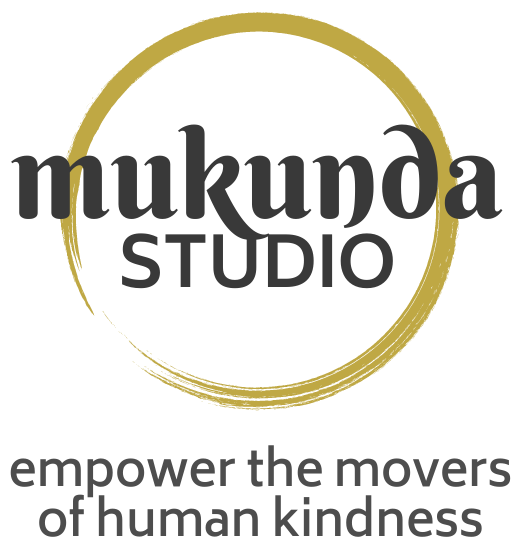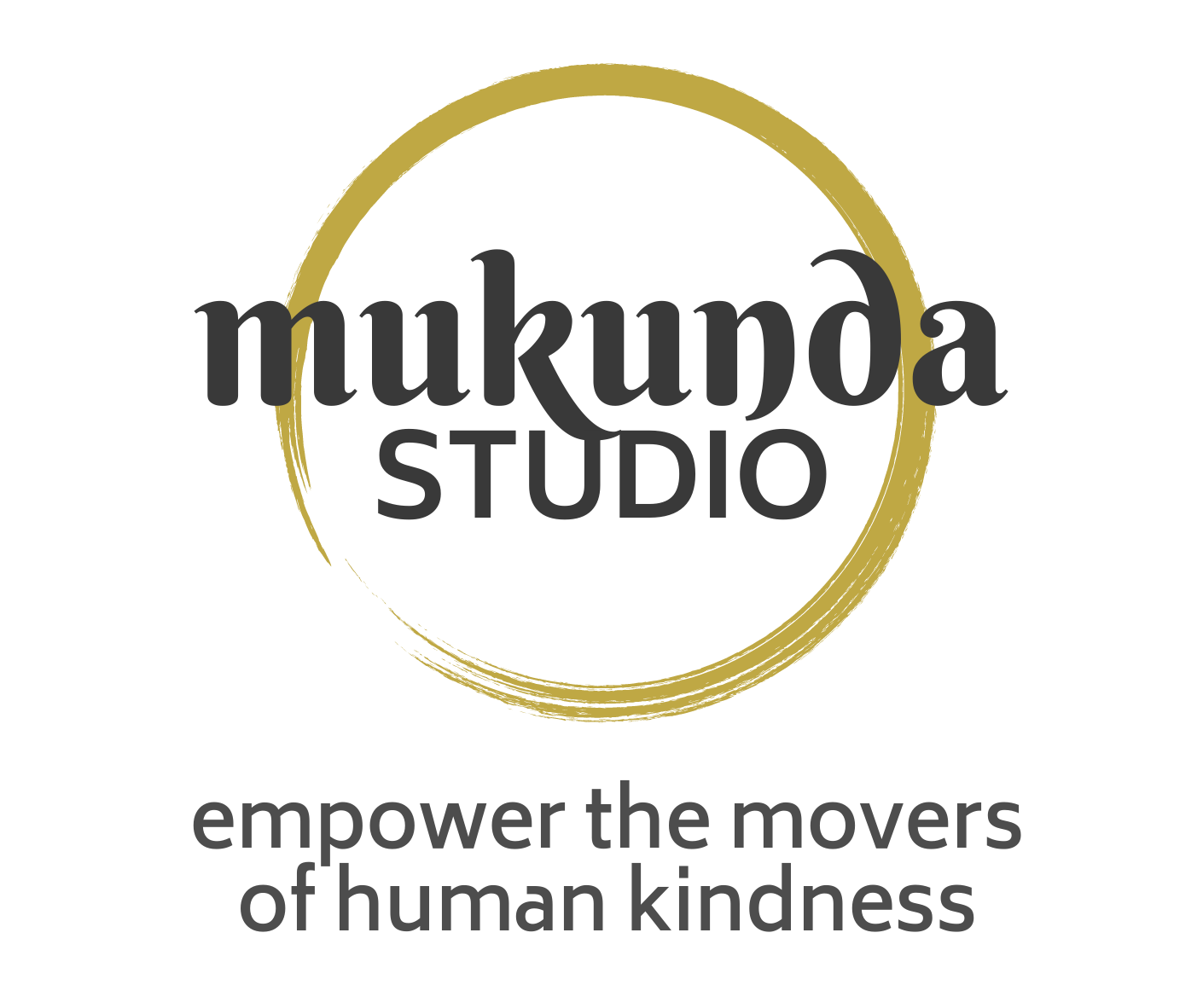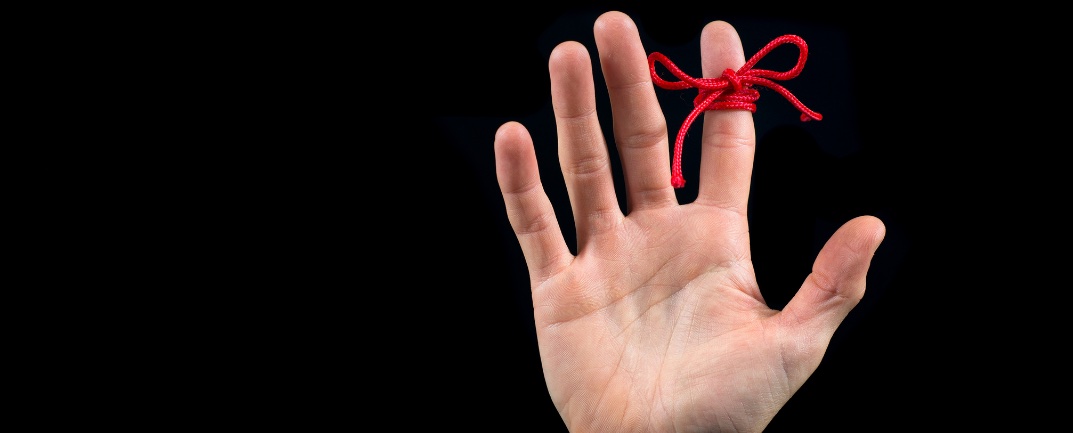We forget. Plain and simple. Random things, important things, some things and sometimes. An intense and even life-altering event happens in our own life or in our world history, and then with the flow of everyday things and new life-altering things, we forget. At the minimum, we become distracted or absent-minded. It just doesn’t seem possible or even necessary or even encouraged(!) to remember things in this age of speedy technology and convenience. We’ve advanced in many ways, but can we also acknowledge the limitations of the modern mind? In pre-computer days, I had memorized somewhere between 15-20 of my friends’ phone numbers and even some I recall to this day. Mapping and directional awareness used to be required for navigation, but now mapping apps tell us when to turn or go forward. But memorization is a powerful tool for mind building and increasing critical thinking skills. It seems we would do well to keep that practice going. Useful article at forbes.com.
Nowadays, we barely remember our own number thanks to the convenience of our mobile phones and apps. Everything can be found on the internet with the push of a button, so why commit anything to memory? I’m always in awe when I learn there are superminds who can memorize books, epic poems, have photographic memory, or recite long streams of numbers of Pi up to over 100,000+ digits!! Whether using actual memory or using mnemonic devices, I’m impressed all the way.
And then there is the one who can still the mind and have access to life’s wisdom. The one whose mind isn’t cluttered or deterred by life’s fluctuations. Those who can maintain some measure of equanimity based on spiritual practice while dedicating their life to the service of others. Well, that’s the path of yoga and certainly is of utmost inspiration for me.
Our body/mind is able to adapt and adjust to many experiences in order to survive and sustain life and move forward. This is a good thing in many ways. We would become too heavy with information if we remembered everything, such as being able to remember every past life if you believe in past lives. Or even to remember every day in life…too much! Forgetting is a gift when we wish to move away from a traumatic experience. Or less intensely, when we recognize that holding onto a grudge only harms us even when the one who harmed is no longer around. The mind often has the capacity to consciously forgive by a multitude of supports, including the alchemical work of acceptance, compassion and self-love. And maybe better than forgive and forget, we can forgive and remember the deeper truth of an experience, where the cycle of hurt has roots in a harm far beyond any one hand.
It may also mean that we forget certain moments. But they might be stored somewhere in the body/mind and we may have access at some point. A physical practice which Yoga includes, could be that gentle awakener that helps the body/mind heal and move towards liberation. There is the hope that a point in our journey will be the seeds for common experiences and create roots where universal concepts branch into collective truth. We all know that putting our hand in a flame will burn our hand. And as it is, metaphorically at least, we don’t all avoid it all the time. Luckily, a neural response contracts the muscle and moves us away from danger. If we actually get burned, often that will register in the mind and we are more likely to remember that experience.
But we don’t all see that systemic racism and White supremacy have been woven into the fabric of our Western world. We haven’t all agreed that slaughtering animals will prevent us from ending harm to fellow human beings. Or that massive cow farming and the production of dairy and beef are the number one contributors to carbon emissions by far (indendent.co.uk and fao.org). There isn’t a built-in collective understanding that peace is our true nature and war is an illusion of power. Maybe one day, our nervous systems will become unwaveringly sensitive to these behaviours as threats to our existence and we will recoil and consider these as outdated truths.
Until then, we can at least be grateful that some things have been integrated into our collective conscience. We can hope that by learning how to listen more keenly to the responses of our nervous system, we may one day have a shared response toward other harms to our personal and universal well-being. And then on that day, I imagine we’ll have something else to work on. I figure, it’s ok to forget so long as we have built systems that help us remember and remember with gratitude and/or deference. We are all here because of someone who fought for this moment to be as it is. It must mean that we’ve come a long way, but that we’ve also been quite ignorant. And I don’t mean that as negatively as it sounds, just that there is much we maintain based on the survival model of being human versus the compassionate and loving kindness model of spiritual beings having a human experience.
(Please visit again to read the conclusion. This writing is in mid-process)
Let’s stay connected,
Marc


